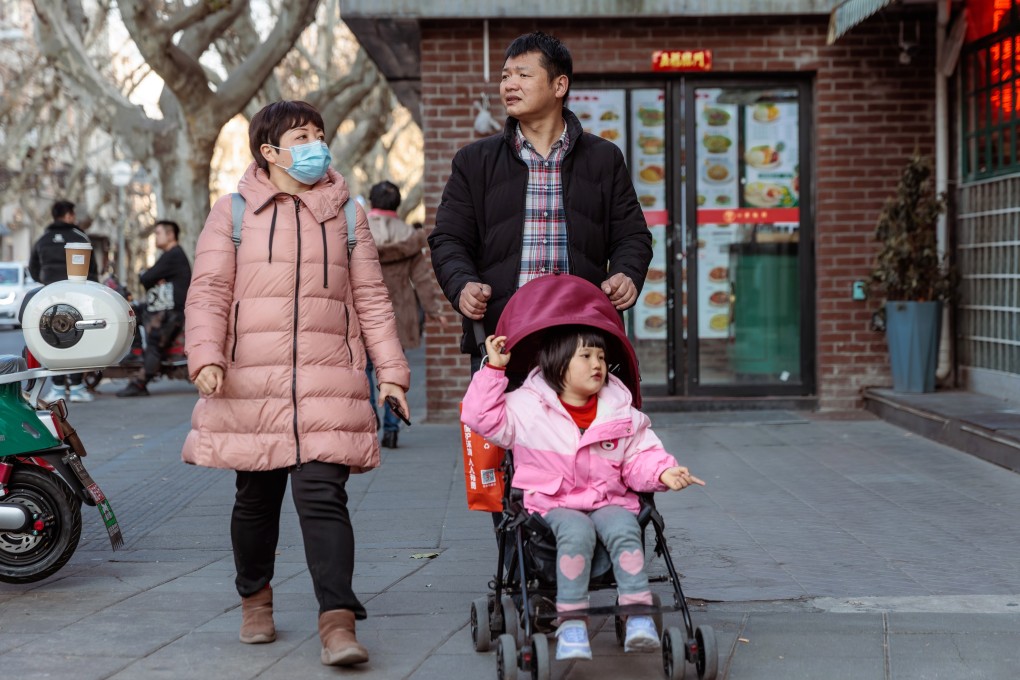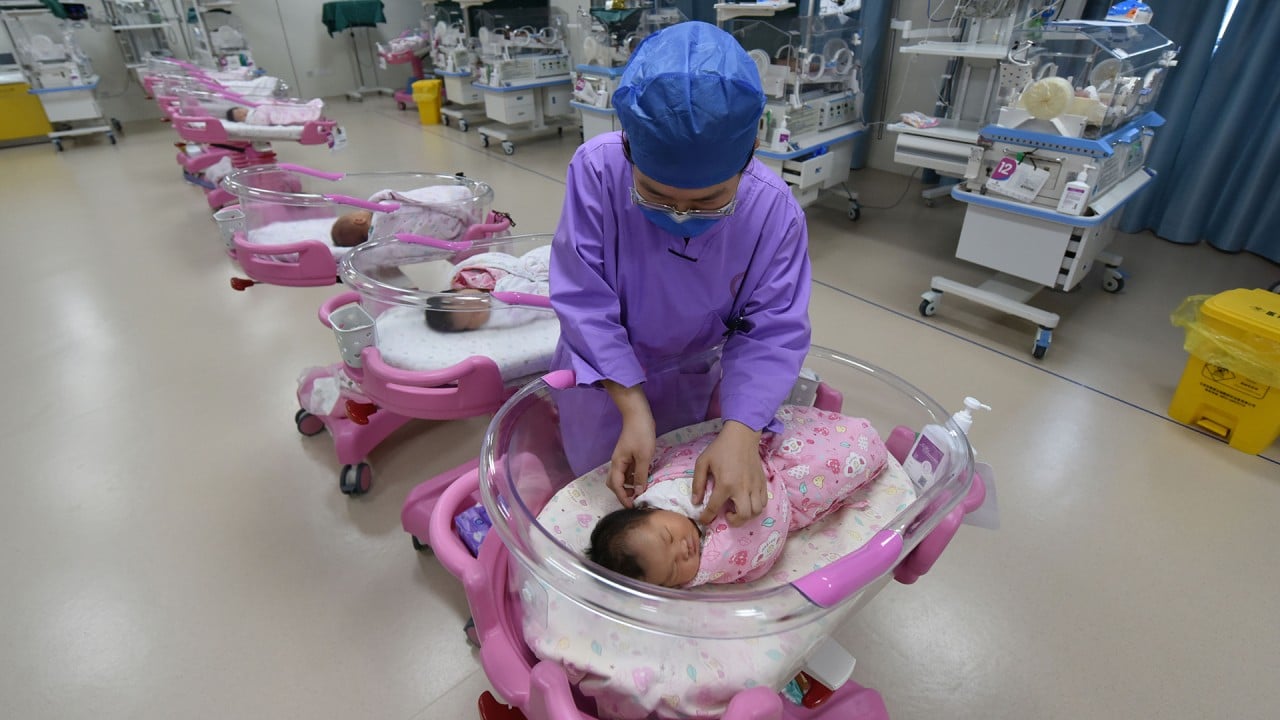Advertisement
Opinion | China’s deepening demographic crisis calls for stronger, more coherent course of action from Beijing
- Current measures like the three-child policy per couple are not enough to increase the country’s flagging fertility rate
- China’s shrinking population is one of the biggest ‘grey rhinos’ – highly probable yet neglected threats – endangering the country’s future
Reading Time:3 minutes
Why you can trust SCMP
27

China is walking into a demographic crisis that is unprecedented in speed and scale. The country’s population started to shrink last year as the national birth rate fell to a record low, while the number of elderly continues to climb. That situation not only threatens to overburden the healthcare infrastructure and puts the pension system at risk, but it also poses a challenge to China’s economic ambitions.
The central government, however, has yet to respond with a coherent and effective strategy to meet this challenge.
Unlike the defunct one-child policy, which was forcefully implemented nationwide under a strict legal, institutional and administrative regime for more than three decades, efforts to boost China’s birth rate – certainly, a top priority for the country – have so far lacked an effective overall design. The state has stopped “punishing” births, but current measures like the three-child policy per couple are not enough to increase the country’s flagging fertility rate.
Providing incentives for China’s young couples to have children has mainly been undertaken by local governments. In tech hub Hangzhou, capital of eastern Zhejiang province, the municipal government has announced that it will help subsidise a couple’s third child with a one-off grant of 20,000 yuan (US$2,875), while their second child is entitled to a 5,000-yuan handout. In Harbin, capital of northeastern Heilongjiang province, where the population has rapidly declines, a couple’s third child would be entitled to a 1,000 yuan monthly subsidy for three years.
But in general, those initiatives are piecemeal measures that have been implemented without any central guideline from Beijing. By comparison, the one-child-policy era held local officials directly responsible for failure to keep population growth in check. It may be time for Beijing to punish local officials who fail to arrest population decline.
Advertisement

